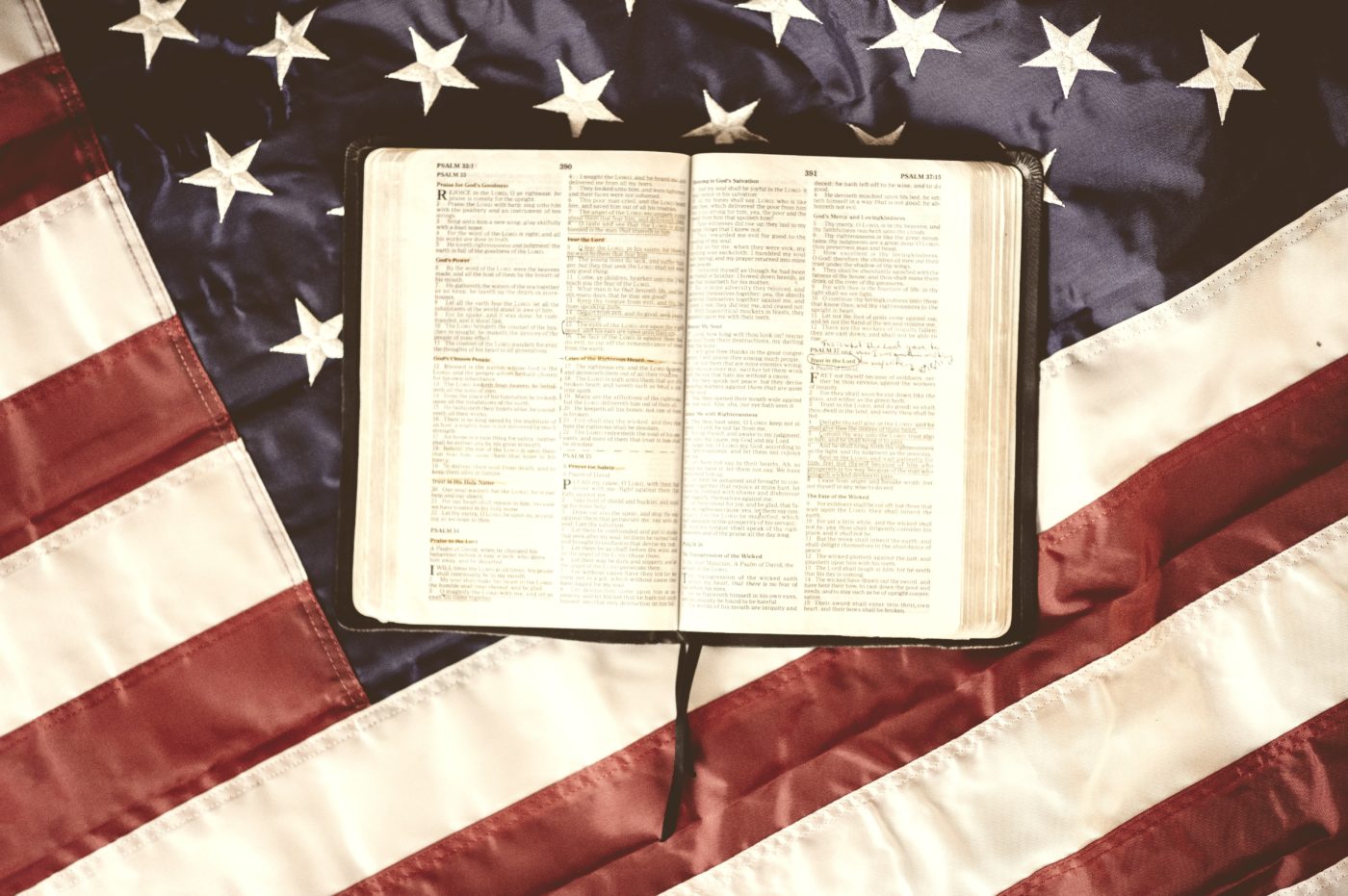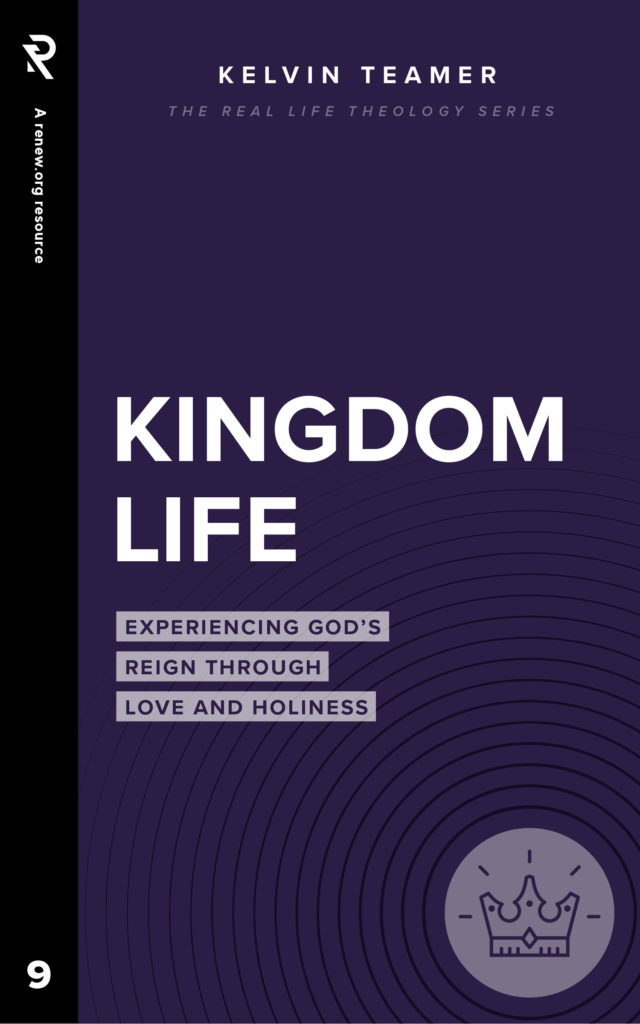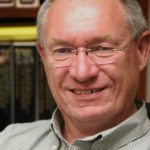
7 Reasons Some Preachers Avoid Politics in Sermons
Why do some preachers avoid politics in their preaching? Here’s a helpful list…
1. They aren’t very informed.
They didn’t major in political science and have never held office. They casually read the news. Would you go to Chuck Todd for an exegesis of 1 Thessalonians or to Peggy Noonan for an essay on small group ministry? Believe it or not, everyone doesn’t have a political opinion that deserves an audience. Your preacher might be one of them.
“Everyone doesn’t have a political opinion that deserves an audience.”
2. They believe the church is addicted.
Over the past decade, political news addiction has fractured friendships, damaged families, and divided churches. While political conversations are not inherently toxic, most people struggle with them (remember that old nicety about not talking politics in polite company?). A preacher who hammers politics each Sunday runs the risk of being a substance abuse counselor who invites clients to Happy Hour.
3. It’s unclear to them what many of the political topics actually have to do with the gospel.
Does the gospel matter for everything in our lives? Of course. But that does not mean a church is wise to devote all of their energy to matters that might be of secondary importance to their mission. Somebody out there will argue that school vouchers, gun rights, overcrowded prisons, defense spending, and labor unions have an obvious, undisputed connection to the work of the Kingdom. That somebody might not be the preacher.
“Somebody out there will argue that school vouchers, gun rights, overcrowded prisons, defense spending, and labor unions have an obvious, undisputed connection to the work of the Kingdom.”
4. They don’t want to alienate high-involvement disciples.
Jesus-followers occupy both sides of the aisle. Churches have Democrats who have been married with children for decades, have never had an abortion, and eagerly minister through their work in underfunded public schools. Churches have Republicans who feed the homeless, defend the cause of orphans, and maintain acres of land for ecological preservation. Perhaps the preacher chooses to affirm the ways Christians honor Jesus rather than berate them for the ways they could better honor Caesar.
5. They wonder if we really need politics everywhere.
Political statements saturate television, social media, professional sports, college campuses, healthcare, business, and grocery stores. Maybe Christians deserve a weekly Sabbath from the constant barrage of political messaging, posturing, and virtue-signaling.
“Maybe Christians deserve a weekly Sabbath from the constant barrage of political messaging, posturing, and virtue-signaling.”
6. They know unity is tough.
It’s hard enough to be unified around the central features of the gospel: “one body, one Spirit, one hope of your calling, one Lord, one faith, one baptism, one God and Father of all, who is above all and through all and in all” (Eph. 4:4-6). Federal politics are intentionally engineered to create division. This is why so few candidates build their campaign around popular issues like increasing teacher pay, fixing social security, reducing the national debt, and increasing manufacturing. Division is not a bug of politics, it’s a feature. The “unity of the Spirit in the bond of peace” requires daily attention and can be derailed by cheap political jabs.
“The ‘unity of the Spirit in the bond of peace’ requires daily attention and can be derailed by cheap political jabs.”
7. They believe these topics feel urgent, but often lack importance.
A preacher gets 52 chances a year to speak a word from God. The Bible has 66 books, filled with 1,189 chapters. There are texts a preacher will never get to, but have the capacity to nourish the life of believers. Over a person’s life they will ask questions like “Why am I here?” “Is there a God?” “Why do good people suffer?” “What happens after I die?” Great preachers try to address these questions, so they spend the week seeking resources to provide hope and healing. The answers will not be found on cable news or TikTok.








